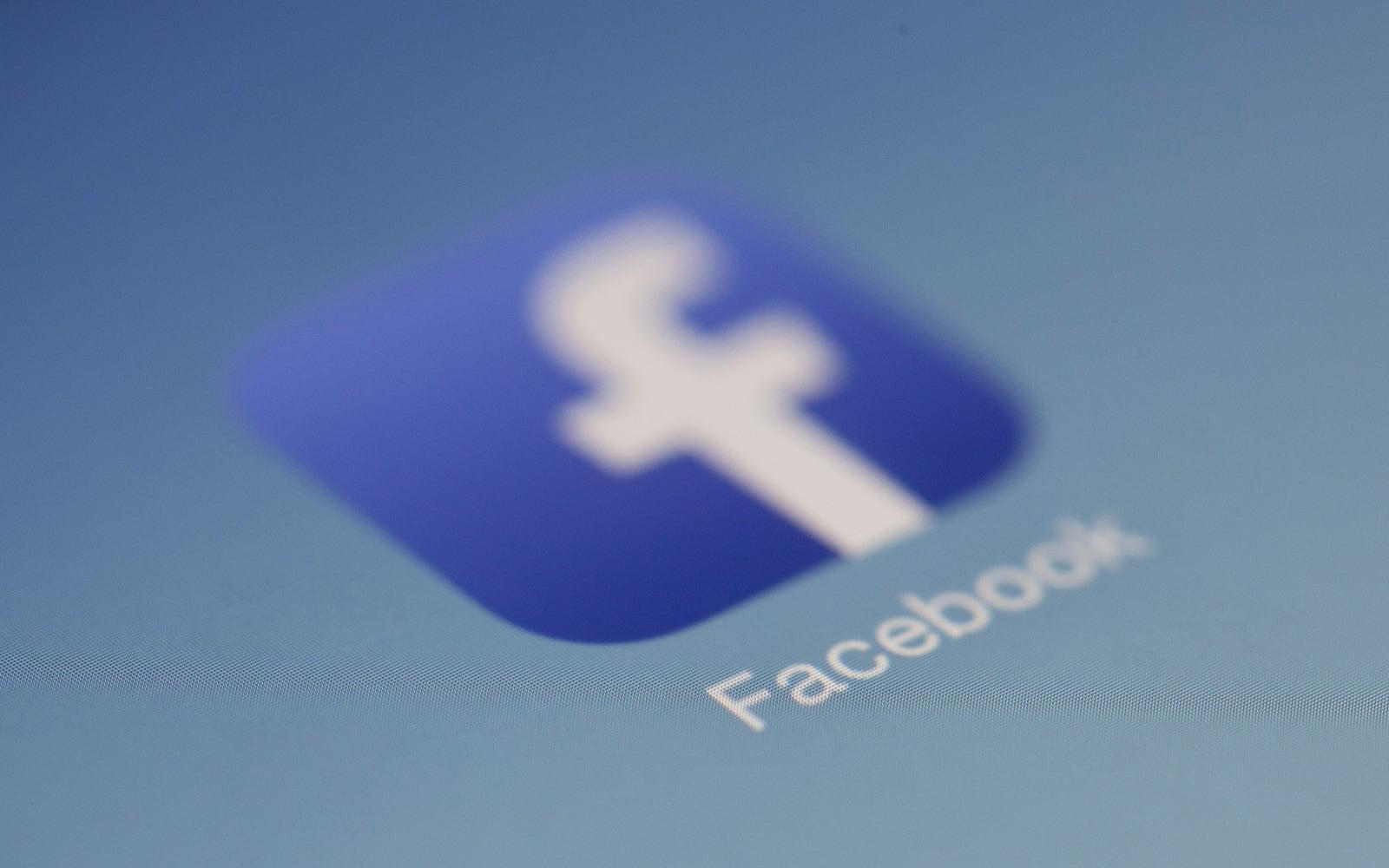Why are we so mean on Facebook?

We’ve all seen them. We’ve probably even participated in them. I’m referring to those conversations on Facebook, often about politics or religion, that quickly turn ugly as people begin sniping and snarking at each other. (And it’s not just on Facebook: have you seen a YouTube comments section recently?)
Why are we so mean on Facebook? Why do seemingly innocuous posts quickly get ugly, and why are people so quick to fan the flames? Why are we willing to jeopardize real-life friendships through our on-line conversations? Believe it or not, it’s because Facebook causes you to act like you’re drunk — so says a soon-to-be released study by professors at Columbia University and the University of Pittsburgh.
Most of us present an enhanced image of ourselves on Facebook. This positive image — and the encouragement we get, in the form of “likes” — boosts our self-esteem. And when we have an inflated sense of self, we tend to exhibit poor self-control.
“Think of it as a licensing effect: You feel good about yourself so you feel a sense of entitlement,” says Keith Wilcox, assistant professor of marketing at Columbia Business School and co-author of the study. “And you want to protect that enhanced view, which might be why people are lashing out so strongly at others who don’t share their opinions.” These types of behavior — poor self control, inflated sense of self — “are often displayed by people impaired by alcohol,” he adds.
Sherry Turkle, a psychologist and professor at the Massachusetts Institute of Technology, adds that we feel fewer inhibitions on-line because we simply can’t see the reactions that our speech causes. This makes it easier to dehumanize one another, especially when we’re posting on our bright, shiny smartphones.
Astoundingly, Dr. Turkle says, many people still forget that they’re speaking out loud when they communicate online. Especially when posting from a smartphone, “you are publishing but you don’t feel like you are,” she says. “So what if you say ‘I hate you’ on this tiny little thing? It’s like a toy. It doesn’t feel consequential.”
There’s also the feeling of online anonymity, which makes us feel invincible as we toss out our snark. (Nevermind the fact that you’re nowhere near as anonymous on a site like Facebook as you think you are.)
I’ve certainly had the temptation to push an online discussion a bit further than I should, to try and get in the one last verbal jab to prove that I’m right, witty, intelligent, etc. Why? Because at the heart of it, I’m arrogant, proud, and self-righteous. In those times, what would be truly best and most edifying would be to take a deep breath, delete what I’ve typed, and just walk away. My words should always be seasoned with grace — even if I’m engaged in a spirited debate about some hot-button topic — and that holds true just as much for the words that I type as the words that I say… and perhaps even more so.
This entry was originally published on Christ and Pop Culture on .